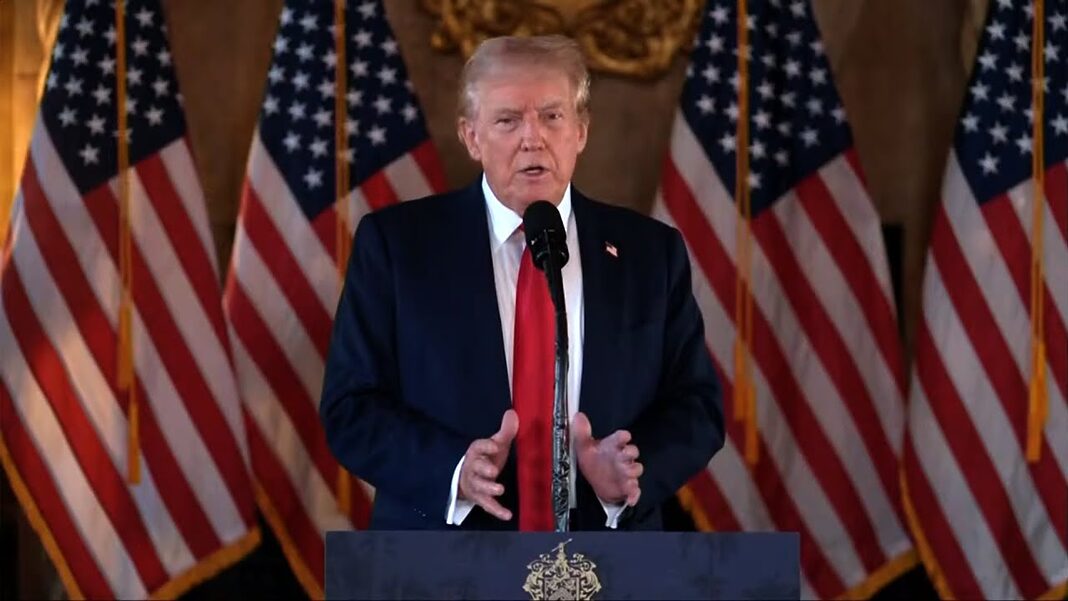The request was made after a lower court allowed the case to proceed against a gun maker and a gun wholesaler.
U.S. gun maker Smith & Wesson asked the U.S. Supreme Court on Aug. 8 for “immediate review” of its appeal in Mexico’s ongoing $10 billion lawsuit against U.S. firearms companies.
The request was made after a lower court on Aug. 7 threw out the case against six out of eight gun companies in the lawsuit, which is pending in federal district court in Massachusetts. The decision left gun maker Smith & Wesson and gun wholesaler Interstate Arms remaining as defendants.
In the suit, Mexico is seeking $10 billion from U.S. gun companies for allegedly flooding that country with firearms. Mexico blames the companies for a violent crime wave, saying their actions benefited criminal cartels.
Although some gun control activists welcome Mexico’s lawsuit, gun rights advocates say it constitutes foreign interference in U.S. affairs and is aimed at crippling the U.S. firearms industry and weakening the Second Amendment protections enjoyed by Americans.
The gun companies say the suit is barred by the federal Protection of Lawful Commerce in Arms Act (PLCAA) of 2005, which was enacted to protect the industry from frivolous lawsuits.
The Supreme Court already is scheduled to consider on Sept. 30 whether to hear the appeal of the eight gun companies called Smith & Wesson Brands Inc. v. Estados Unidos Mexicanos.
The appeal concerns the Jan. 22 decision of a three-judge panel of the U.S. Court of Appeals for the First Circuit that allowed the lawsuit to proceed.
Circuit Judge William Kayatta wrote that even though the PLCAA limits lawsuits that foreign governments may bring in U.S. courts for harm experienced outside the United States, Mexico could move forward because it made a plausible argument that the companies committed “knowing violations of statutes regulating the sale or marketing of firearms.”
Mexico claims that illegal gun trafficking into that country is driven largely by Mexican drug cartels’ demands for military-style weapons.
Kayatta wrote that a spike in gun violence in Mexico in recent years “correlates” with the boost in gun production in the United States that started when the U.S. assault weapon ban lapsed in 2004.






